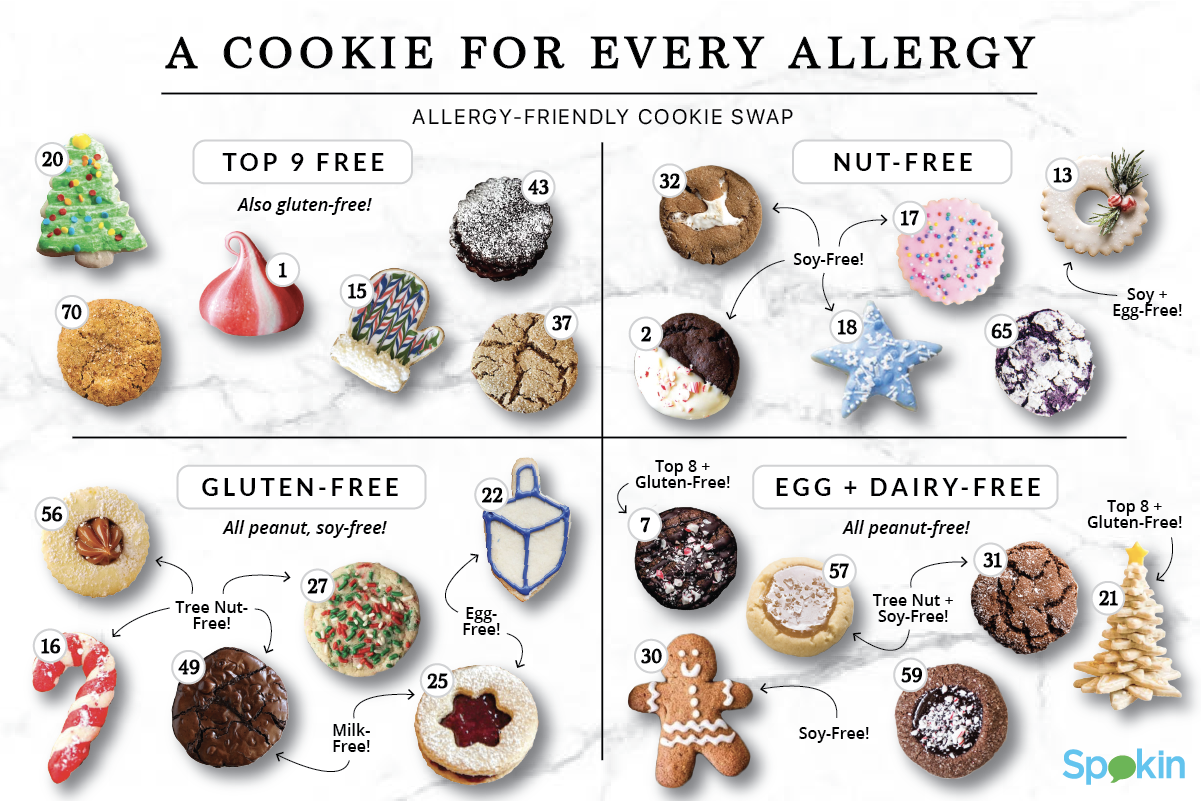How familiar are you with your personal health facts and the more detailed aspects of your health? While most of us could comfortably say that they know their bodies and can tell when something isn’t right, it’s likely that we don’t really know much more than that…
If you’re not aware of your overall health status and baseline numbers, it might be more difficult for health workers to help you if an emergency flares up. In today’s health climate, it’s a good idea for us all to have a sit-down conversation with our health providers to determine how much we actually know about our health and our health plan.
If you’re unsure what health facts you need to know, keep reading!
#1 – Your vital health facts
In addition to the most basic things such as how old you are or your gender, there are five facts everyone should know about their health. The five items are blood pressure, blood sugar, cholesterol level, level of physical activity, and a family history of health problems.
Blood pressure is the pressure of circulating blood against the walls of blood vessels, while your blood sugar is the amount of glucose present in your veins. If you suffer from high cholesterol, your heart can be severely impacted. And lastly, knowing your family history is a great start to begin to pinpoint possible health concerns in the future and find the right practitioners like a diabetes doctor if you need one.
Many doctors believe that knowing these five issues is a big step in understanding our own health concerns. They also allow you to have amore useful conversation with your doctor for general visits.
#2 – Gap vs. No-Gap insurance
Having health insurance in today’s world is important, even if you are young and healthy. Most people only realise they need a health insurance plan when they find out they are sick – when the treatment costs starts to skyrocket.
No-Gap insurance means that you will not be charged any extra hidden fees. As such, your health care provider will have a set limit for how much they’ll pay out to cover the cost of your services.
Known Gap is another term for out of pocket costs. An insurer will set a known gap amount and pay the difference between the known gap and the doctor’s charges. The main distinction between Known Gap and No-Gap is that with No Gap, you will be covered by your insurance company with no surprises.

#3 – Understand your allergies
Allergies are a crucial element to know about when it comes to your personal health. While most allergy suffers are fully aware of the do’s and don’ts of their daily life, sometimes an attack can sneak up on you. For instance, if you are meant to be carrying an Epi-Pen, you always should.
Milk and nut allergy sufferers often have a difficult time keeping on top of flare ups since these problematic ingredients can be in literally anything. Even medicines and vaccines can present an issue since some of these use eggs as a binder. For example, due to certain ingredients, even the flu vaccine has caused people to go into an anaphylactic shock. The best action is to always be prepared and get yourself tested for any allergy changes as you get older.
#4 – Acting smartly and quickly
With COVID-19 spreading more quickly than ever, if symptoms start to appear, it is important that everyone get the root of the problem as quickly as possible. If you do start feeling sick, you can sccess online support sites such as MediFind, which has a COVID-19 symptom checker. While this tool is beneficial for highlighting your potential COVID diagnosis, it will also put your fears to rest by suggesting a number of other likely causes behind the symptoms.
Simply share a few details about your symptoms, add some fundamental health information, and the website will generate a list of possible medical conditions and medical needs. MediFind accesses ever-evolving medical knowledge gleaned from research reports, presentations, and clinical trials before applying these findings to their site.
By using cutting-edge machine learning methods, this symptom checker has developed an algorithm to sift through the mass of information and identify the findings that can help users learn about a new treatment. By doing so, it also helps users make better decisions about treatments and getting medical attention.
MORE – Private Health Insurance – Do You Need It?
MORE – Health: The Pain-Free Way To Take A Trip To The Dentist


No Comments